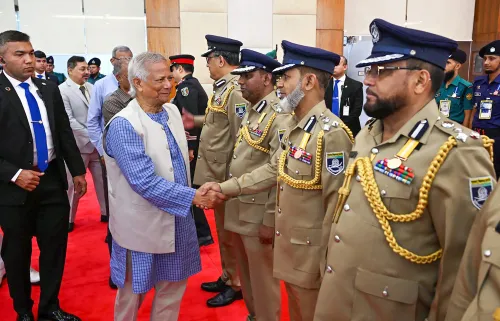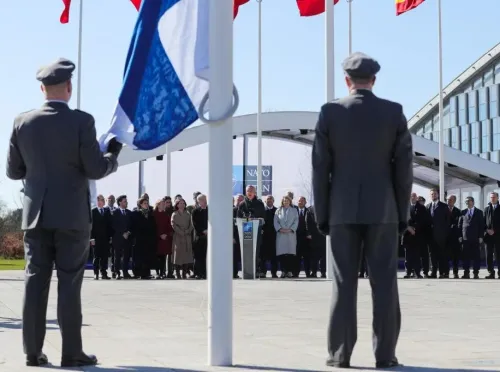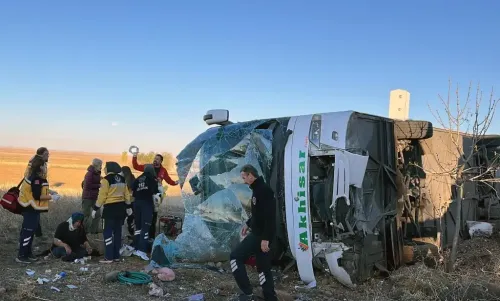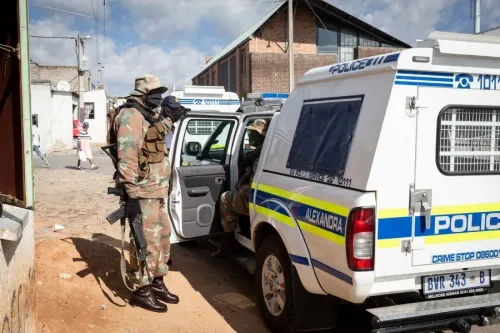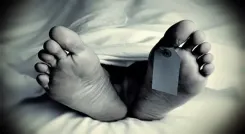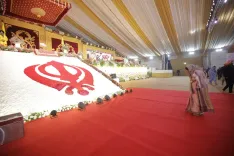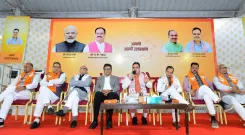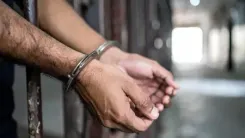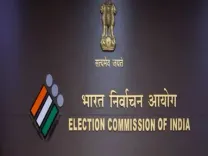Did North Korean Leader Kim Jong-un Mourn Soldiers Killed in Russia?
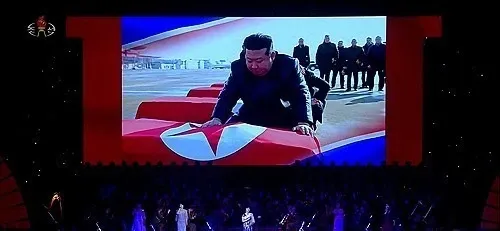
Synopsis
Key Takeaways
- Kim Jong-un publicly mourns soldiers lost in Russia's conflict.
- The ceremony highlights the North Korean narrative of sacrifice.
- The event coincided with a cultural partnership anniversary between North Korea and Russia.
- Emotional responses were noted among attendees, including Russian officials.
- State media aims to frame fallen soldiers as part of a victory narrative.
Seoul, June 30 (NationPress) North Korea's state media showcased footage on Monday featuring leader Kim Jong-un expressing grief for his soldiers who are thought to have lost their lives in Russia's conflict with Ukraine.
The visuals, aired by Korean Central Television, depicted Kim solemnly draping a North Korean flag over a coffin during a ceremony dedicated to the repatriation of soldiers' remains who were killed while deployed in Moscow's war against Kyiv.
Images of Kim were displayed in the background during a collaborative cultural event co-hosted by North Korea and Russia in Pyongyang on Sunday. This event celebrated the first anniversary of their “comprehensive strategic partnership” treaty.
In the displayed photographs, Kim was seen alongside Foreign Minister Choe Son-hui.
One poignant image captured Kim with both hands resting on the coffin, his expression serious.
These visuals followed earlier broadcasts showing North Korean soldiers alongside Russian forces, including a blood-stained notebook purportedly belonging to a North Korean soldier found on the battlefield in Russia's Kursk region.
The notebook contained a message stating, “The decisive moment has finally come,” and urged unity in their “sacred battle” under the leadership of their Supreme Commander, referring to Kim.
The state media also highlighted Russia's Culture Minister Olga Lyubimova, who was seen shedding tears during the event, as were numerous attendees.
Participants in the repatriation ceremony, including Kim, were observed wearing winter attire, indicating that the event likely occurred months ago, suggesting that remains might have begun returning as early as last winter, according to Yonhap news agency.
“North Korea likely aims to depict the fallen soldiers not merely as casualties but as integral to a 'victory narrative,'” stated Hong Min, a senior researcher at the Korea Institute for National Unification.
“The footage seems to have been released following mutual acknowledgment of troop deployment and a declaration of success regarding the Kursk operation,” Hong remarked.


